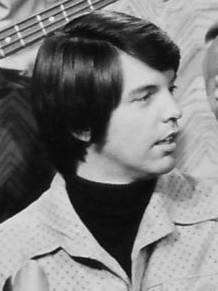A Quote by Susan Orlean
I think the responsibility of running a huge business, which happens if you become a successful designer, probably makes you more careful.
Related Quotes
I think part of why schizophrenia got linked to civil rights protest in the '60s was because mainstream society was coding threats against the smooth running of the state as insanity and treating it as such, and so as that happens you see the evolution of a process in which people with schizophrenia are increasingly feared and our hospitals, particularly the kind of hospital that I look at in the book become to look more and more like prisons, to the point where many of them including the one I talk about actually become prisons.
I think the opposite version of me is the one we don't see, which is there are tens of thousands of outrageously successful businesses of very quiet, very calculated, calm executors who are confident. You can't be successful without being confident. They believe in themselves. They have their own version of assertiveness ... I think confidence matters and I think other things matter, like I would tell you empathy is probably why I'm more successful than confidence. I'm empathic to the customer, to my business partners, to my employees.
How a designer gets from thought to thing is, at least in broad strokes, straightforward: (1) A designer conceives a purpose. (2) To accomplish that purpose, the designer forms a plan. (3) To execute the plan, the designer specifies building materials and assembly instructions. (4) Finally, the designer or some surrogate applies the assembly instructions to the building materials. What emerges is a designed object, and the designer is successful to the degree that the object fulfills the designer's purpose.
I know different ways of looking at things. I have my stockholders, and I feel a very keen responsibility to the shareholders, but I feel that the main responsibility I have to them is to have the stock appreciate. And you only have it appreciate by reinvesting as much as you can back in the business. And that's what we've done... and that has been my philosophy on running the business.
































